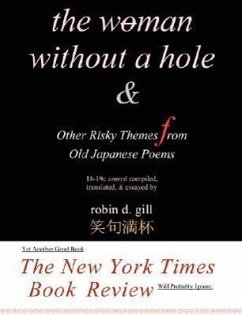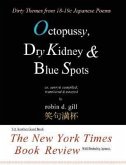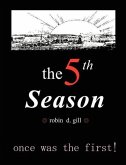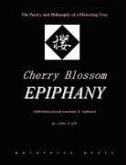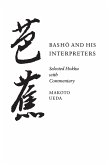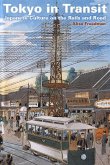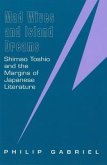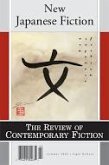17-syllabet Japanese poems about human foibles, sans season (i.e., not haiku), were introduced a half-century ago by RH Blyth in two books, "Edo Satirical Verse Anthologies" and "Japanese Life and Character in Senryu." Blyth regretted having to introduce not the best senryu, but only the best that were clean enough to pass the censors. In this anthology, compiled, translated and essayed by Robin D. Gill, like Blyth, a renowned translator of thousands of haiku, we find 1,300 of the senryu (and zappai) that would once have been dangerous to publish. The book is not just an anthology of dirty poems such as Legman's classic "Limericks" or Burford's delightful "Bawdy Verse," but probing essays of thirty themes representative of the eros - both real and imaginary - of Edo, at the time, the world's largest city. Japanese themselves use senryu for historical documentation of social attitudes and cultural practices; thousands of senryu (and the related zappai), including many poems we might consider obscene, serve as examples in the Japanese equivalent of the OED (nipponkokugodaijiten). The specialized argot, obscure allusions and ellipsis that make reading dirty senryu a delightful riddle for one who knows just enough to be challenged yet not defeated, make them impenetrable to outsiders, so this educational yet entertaining resource has not been accessible to most students of Japanese (and the limited translations prove that even professors have difficulty with it). This book tries to accomplish the impossible: it includes all the information - original poems, pronunciation, explanation, glossary - needed to help specialists improve their senryu reading skills, while refraining from full citations to leave plenty of room for the curious monolingual to skip about the eclectic goodies. [Published simultaneously with two titles as an experiment.]

